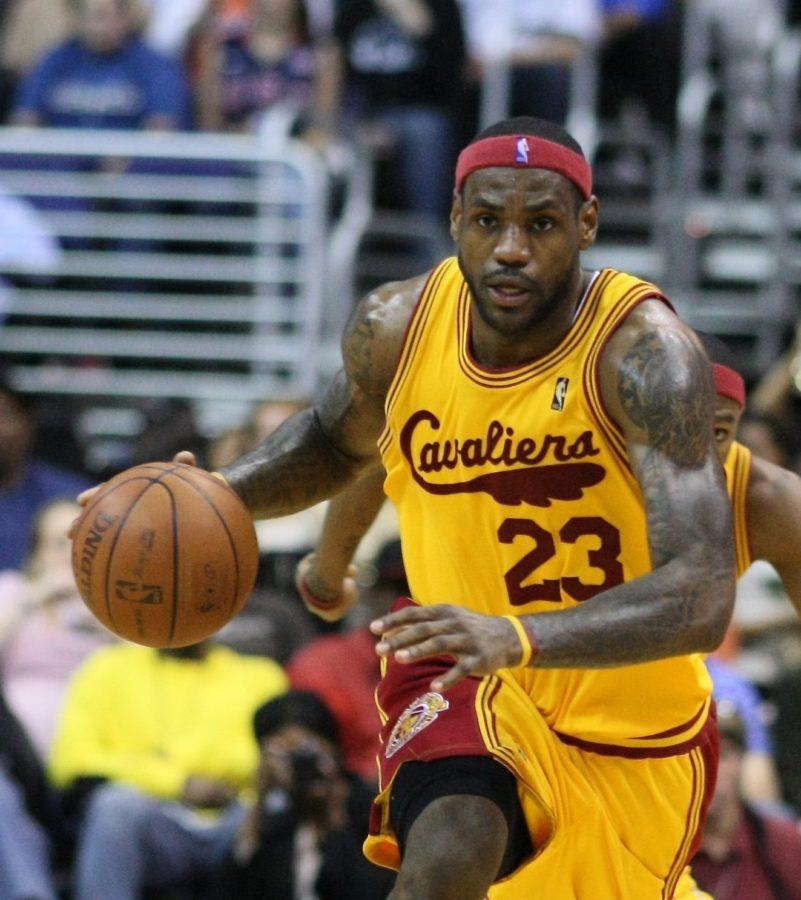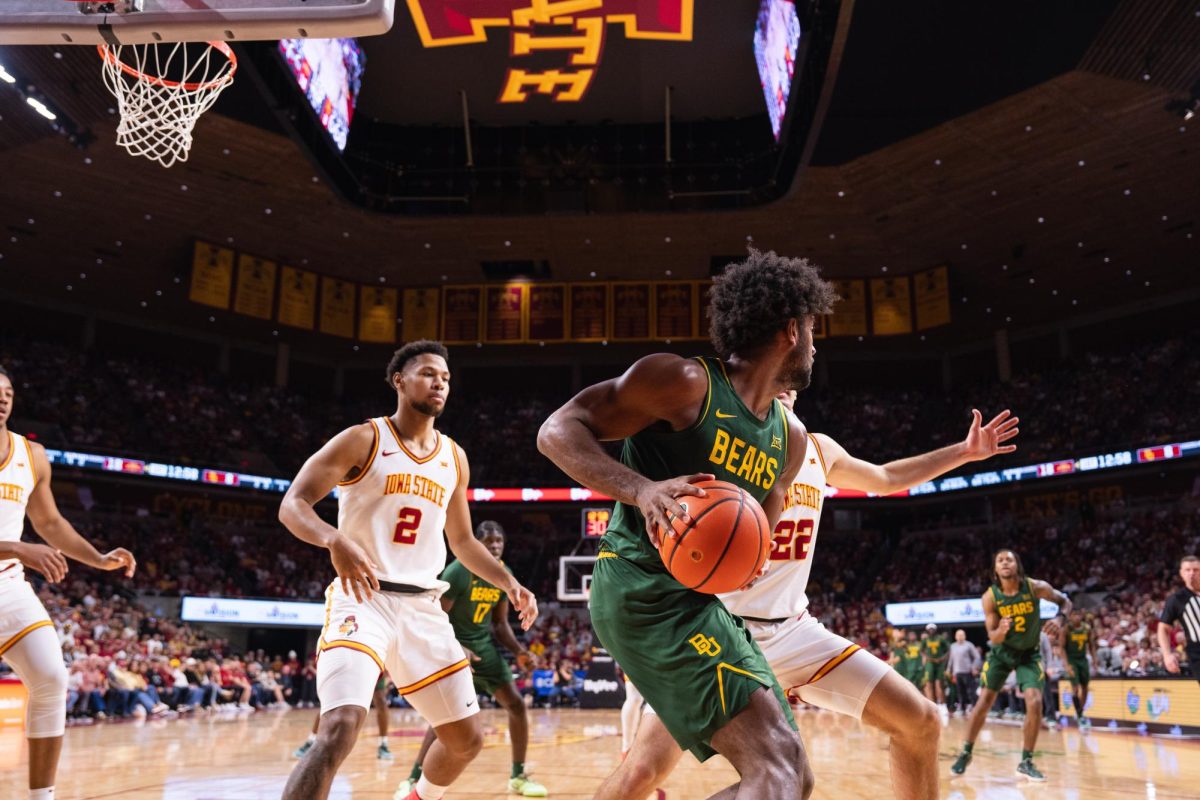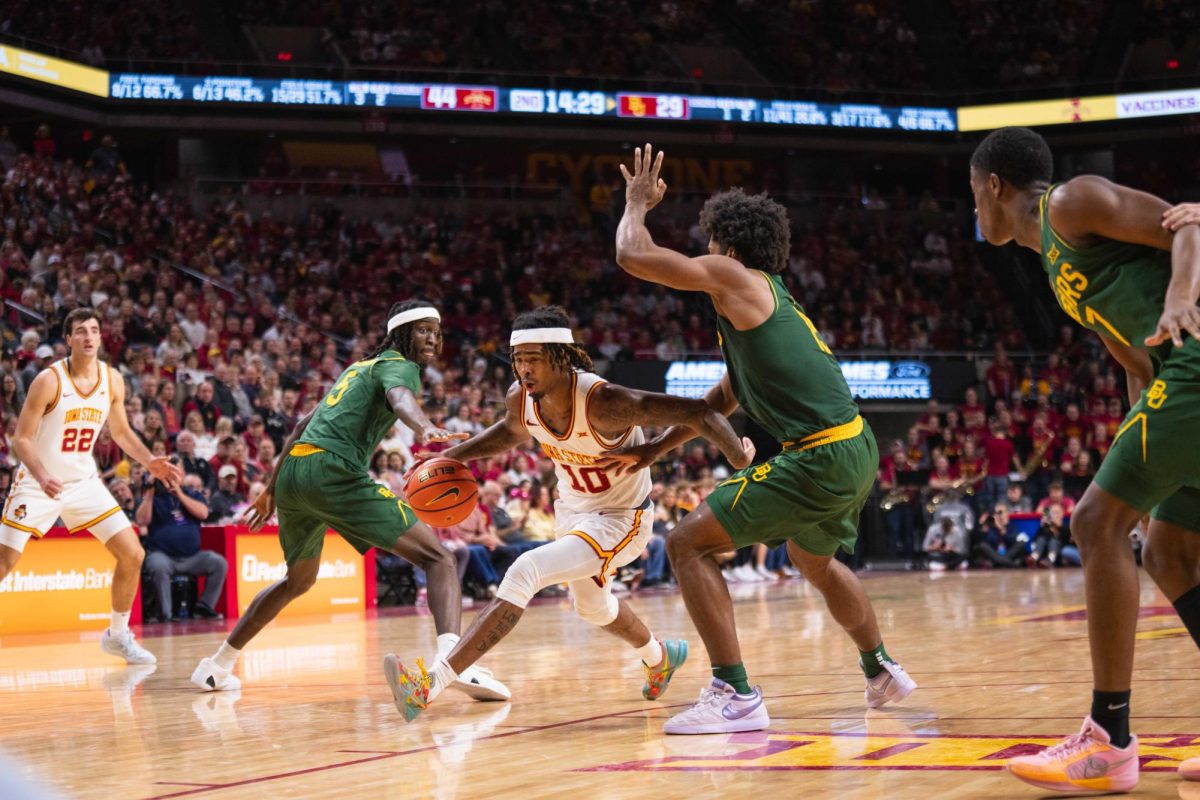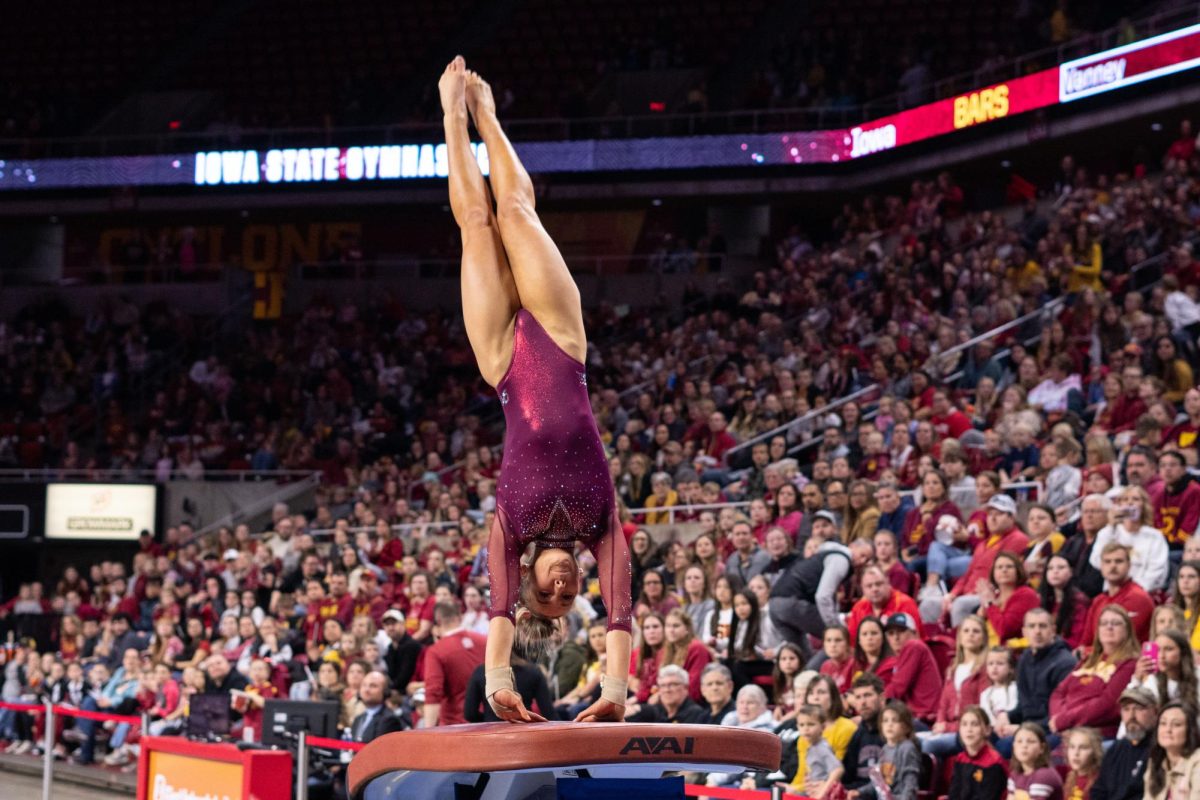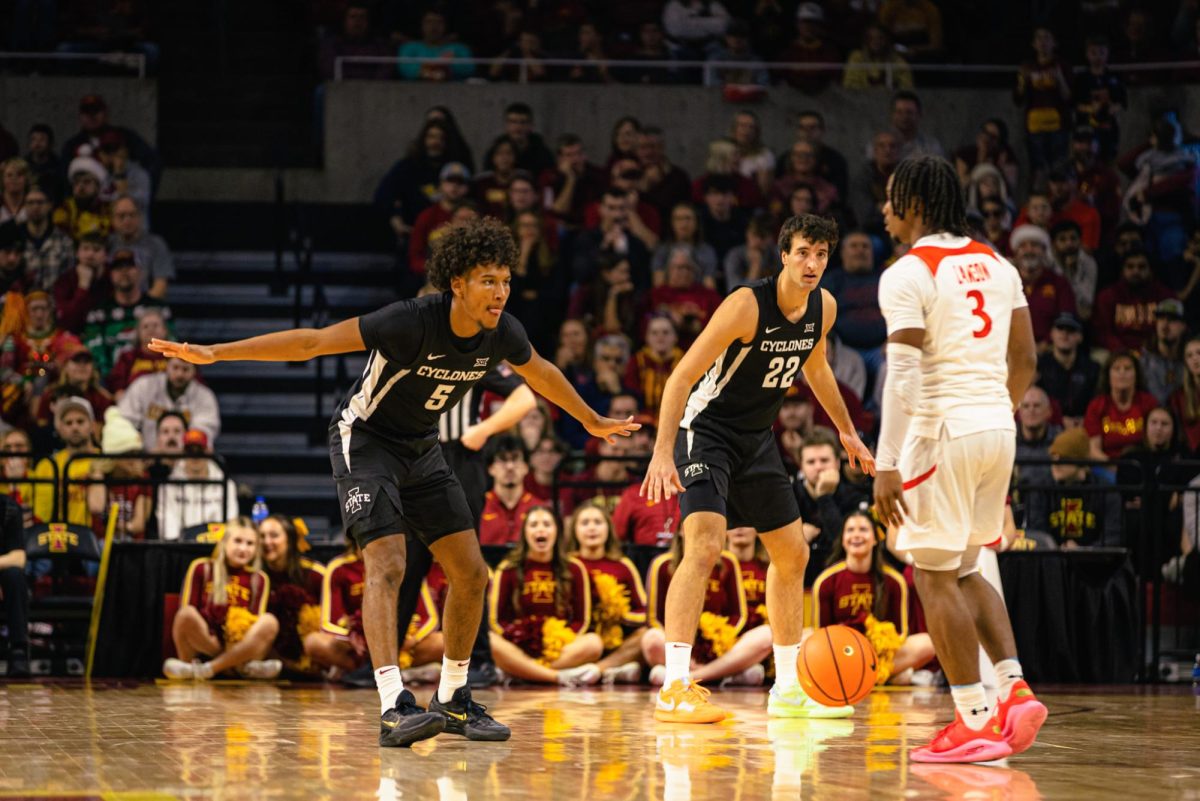Shaw: Professional athletes should be more conscious of their image
lebron james
July 26, 2018
Professional athletes have been a great source of inspiration for many people. Their athletic abilities and achievements have often served as testaments to the power of human will and perseverance.
Yet for every inspiring story of a professional athlete’s road to success, there is an equally unflattering story of a professional athlete getting into trouble in the news.
We all remember the story of Lance Armstrong and how he used performance-enhancing drugs to help him be successful.
Unfortunately, he will no longer be remembered as one of the greatest cyclists of all time. Rather, he will be remembered as just another athlete who cheated to win and, in the end, let down all of his fans.
The NFL has had its fair share of incidents as well.
One star in particular gathered quite the fan base and had many eager supporters when he became the first player to win the Heisman Trophy as a freshman. Johnny Manziel, also known as “Johnny Football,” had a very successful career while attending Texas A&M University.
He later went on to play for the Cleveland Browns in the NFL. Unfortunately, his success at the collegiate level did not carry into the NFL.
His partying antics did, though. Manziel was notorious for drinking and recreational drug use as noted by a detailed Vanity Fair story titled, “The fight to save Johnny Manziel from all-out self-destruction.”
Manziel also faced a misdemeanor assault charge after getting into a quarrel with his then-girlfriend Colleen Crowley.
Hailed as one of the biggest stars to come out of college football, Manziel is now known as one of the biggest disappointments in our time for his lack of commitment and waste of potential. His image is tainted as an arrogant young gun who couldn’t stay out of trouble.
For as much attention as they get from the media, professional athletes need to do a better job in portraying a better image to the public.
After all, athletes can have a huge impact on their societies and have access to many resources that others don’t.
Roger Federer has done a great job in both establishing a respectable public image and using his platform as a professional athlete to positively impact other people’s lives.
Not only is Federer regarded by many as the greatest tennis player of all time, having won a record 20 Grand Slam titles in the Open era, Federer has also received a staggering amount of accolades recognizing his off-court efforts.
He has won the Stefan Edberg Sportsmanship Award a record 13 times, the Arthur Ashe Humanitarian of the Year Award twice and the Laureus World Sports Award for Sportsman of the Year a record five times.
In addition, Federer leads his own philanthropic efforts with the Roger Federer Foundation that helps grant children in poverty access to education in Africa and Switzerland.
With how much we cherish sports and champion the athletes involved, sports truly have a huge impact on the world.
We have seen how soccer captivates people around the world recently from the 2018 World Cup in Russia. During the 2014 World Cup in Brazil, it was reported that the competition reached a “global in-home television audience of 3.2 billion people,” according to the 2014 World Cup Television Audience Report. This is almost half the world’s population.
Considering the amount of attention that professional athletes get from the media and fans, it would be nice to see more athletes be more conscious of the image they are giving off to the public and the impact they want to have on society.
Tennis player Arthur Ashe is another excellent example of an athlete using their platform to champion change. He was once the top-ranked tennis player in the world. After his career, he became known for his political activism off the court. He was well-educated and was a tireless campaigner both in the civil rights movement and against apartheid in South Africa.
A popular quote attributed to him reads, “True heroism is remarkably sober, very undramatic. It is not the urge to surpass all others at whatever cost, but the urge to serve others at whatever cost.”


